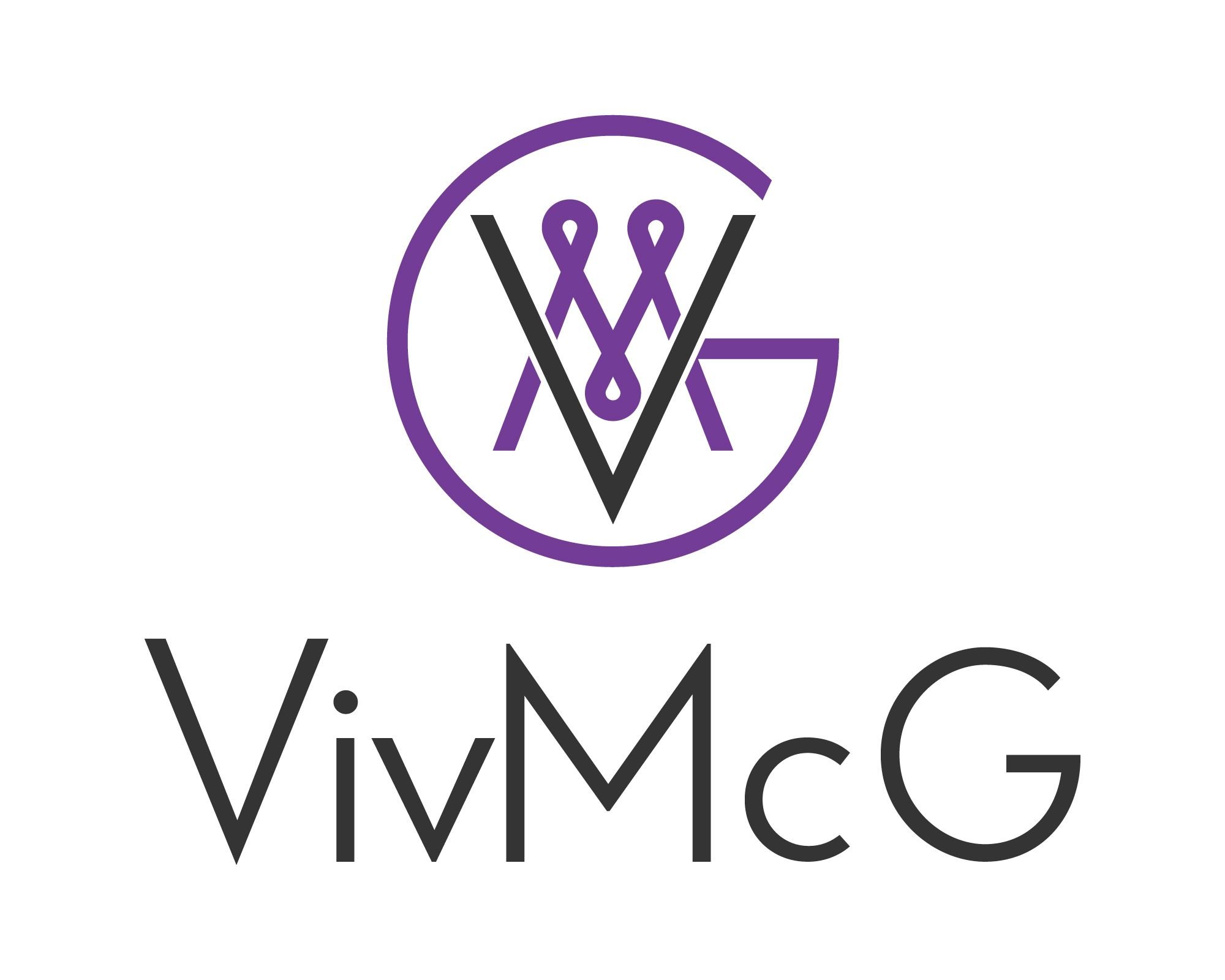What if your pause is part of your progress?

do you also read oracle cards? If you do you might want to know the #1 habit that may be keeping you playing small
or, perhaps your spiritual tool of choice is your pendulum. If so, do you know the #1 habit that quietly erodes your pendulum practice?
no matter what course you're following, I encourage you to enhance your studies and experience through meeting your inner guide
We live in a culture that glorifies constant doing - always moving forward, always producing, always striving for the next thing. Success is measured in speed, productivity, and how quickly we can tick the next box. It’s no wonder so many of us carry guilt when we slow down.
Students often tell me they feel “behind” if they don’t complete a lesson in one sitting and have to return to it later, or that they’re “failing” if they need more time than they planned. That nagging voice whispers: You should be further along by now.
And yet, what if the pause you’re resisting is not a setback at all? What if the very moment you judge as “lost time” is actually when the deepest work is happening? What if your pause is sacred; a chance for the lesson to sink beneath the surface, to integrate into your energy, to become lived wisdom rather than just information?
THE MYTH OF NON-STOP PROGRESS
In learning (and in life) we’ve been quietly conditioned to believe that progress should look linear. A straight road, lesson after lesson, tick after tick, always moving forward without pause. That belief is reinforced everywhere: in school systems, in workplaces, even in the way we measure personal “success.” The message is clear - keep going, keep achieving, keep producing.
However, if you’ve walked any true path of growth, you’ll know that real transformation rarely follows a straight line. It moves in rhythms. It ebbs and flows. It spirals. At times you feel you’re moving forward with clarity and momentum; at other times you circle back to something you thought you’d “already covered.” There may be seasons when it feels like you’ve stopped completely. And yet, even in those moments, something is happening beneath the surface. Integration is taking place. Seeds are germinating in the dark soil of your being.
Think about nature. Winter is not wasted time. The trees aren’t failing because they’ve stopped producing fruit. The soil isn’t lazy because it rests beneath frost. Winter is the necessary pause that allows spring to bloom. Without it, the whole cycle would collapse. Your pauses work the same way. They give you space to rest, to breathe, to allow the wisdom you’ve absorbed to sink in, to take root, and to prepare you for the next blossoming.
WHERE GUILT SNEAKS IN
Guilt has a sneaky way of creeping into our studies, often disguised as “motivation.” It shows up in small, everyday moments:
Maybe you skip a day of learning and immediately promise yourself you’ll “make it up” tomorrow, already framing rest as failure.
Perhaps you glance at someone else’s progress - how many lessons they’ve completed, how quickly they’ve finished a course - and instantly measure yourself against them.
Or you catch the inner critic whispering that you’re “lazy” because you’re moving slower than you think you should, or because you needed to step away for a while.
On the surface, these may feel harmless. However, guilt doesn’t uplift. It doesn’t inspire. It drains. It pulls your energy out of curiosity and joy and into shame and self-doubt. When guilt is steering the wheel, you’re not fully present with the material. You’re not savouring the insights that arise. You’re too busy beating yourself up to receive the richness of what’s in front of you.
This is where boundaries (compassionate ones) become powerful. Boundaries aren’t only about saying no to others; they’re also about setting gentle limits with yourself. For example, drawing the line between healthy reflection and destructive comparison. Or reminding yourself that it’s okay to learn at your own rhythm, rather than pushing through because of someone else’s timeline.
When you hold boundaries around guilt, you stop letting it steal your energy. You shift from shame back into trust, from self-criticism back into self-kindness. And in that space, learning becomes lighter, more enjoyable, and far more effective.
BOUNDARIES AS SELF-COMPASSION
Boundaries aren’t only about drawing lines with others; they begin within. They’re about the choices you make to honour your own energy, your own rhythm, your own truth. And one of the most radical, loving boundaries you can hold is this: I refuse to let guilt shape my learning.
What does that look like in practice?
It looks like giving yourself permission to pause without apology. Instead of berating yourself for “falling behind,” you see rest as part of the process.
It looks like trusting the impulse to re-watch a lesson that stirred something within you, even if it slows your “progress.”
It looks like letting your pace be human (imperfect, intuitive, alive) rather than mechanical, driven by boxes to tick or deadlines to meet.
When you set this kind of boundary, you free yourself from the grip of comparison and expectation. You open a wider, gentler space where your intuition can actually be heard, where your energy feels steady and aligned, where your learning has room to settle and sink deeper. In that space, understanding blooms not from pressure, from presence. Growth becomes less about “getting through” material and more about truly integrating it... and that makes all the difference.
PRACTICAL WAYS TO RELEASE GUILT IN LEARNING
Here are three gentle practices to weave into your learning journey:
1. Re-frame the Pause.
The words you use matter. When you say, “I stopped” or “I fell behind,” you’re telling yourself a story of failure. What if you softened the story? Try shifting the language to “I’m letting this settle” or “I’m giving this space to integrate.” Instantly the energy changes. A pause is no longer proof that you’re stuck; it becomes part of the process. Just like a seed beneath the soil, growth continues even when it’s invisible.
2. Anchor your Return.
Coming back after a break often carries a heavy weight of guilt or pressure. By creating a small ritual, you turn that return into a celebration. It can be as simple as lighting a candle, pulling a card, or taking three intentional breaths before pressing play. You’re not “catching up”; you’re choosing to re-enter with presence. This re-frames your return as a conscious choice, not a chore.
3. Practice Micro-Compassion.
Every time guilt arises, meet it with kindness. Whisper to yourself: “I’m learning at the pace that serves me best.” Write it on a sticky note, set it as a phone reminder, or include it in your journal. These small acts of compassion matter. With repetition, guilt loses its grip, replaced by trust in your unique rhythm. Over time, this practice softens self-judgment and builds resilience, so your learning feels lighter, kinder, and more sustainable.
WHY THE PAUSE IS PROGRESS
The truth is, the pause is the progress.
It’s tempting to believe growth only happens while you’re “doing” - watching the lesson, practising the exercise, ticking the box. And yet, just like muscles which grow stronger during the recovery period rather than during the lift itself, your spiritual learning deepens not only in the active moments, rather in the quiet spaces in between. Rest, reflection, and integration are what transform information into lived wisdom.
Think about it: after a deep meditation, the stillness afterwards often holds more insight than the practice itself. After journaling, it’s the hours or even days later when clarity suddenly surfaces. These pauses are not empty; they are fertile ground where your soul rearranges itself to make space for new understanding.
So what if, instead of guilt, you met your pauses with gratitude? Gratitude for the chance to absorb what you’ve learned, for the alignment quietly taking place within your energy, for the opportunity to return to your studies with fresh eyes and renewed clarity. Each pause becomes not a stumbling block, it becomes a sacred doorway; one that allows you to embody the teachings more fully than rushing ever could.
At VivMcG, we’ve been diving into the theme of boundaries - and guilt-free learning is a beautiful part of that. If you’d like to explore this more deeply, my course Energy Boundaries: Protect, Align & Thrive will walk you through practical, compassionate ways to create boundaries that help you thrive without guilt or selfishness.
And if you're drawn to healing this theme more personally, I have a Self-Healing Bundle which focuses on boundaries too - with EFT scripts, oracle card readings, meditations, affirmations, and more to support you.
So next time you pause, remember: you haven’t stepped off the path. You’re still walking it. And sometimes, the most important step forward is the one where you stop, breathe, and simply be.
